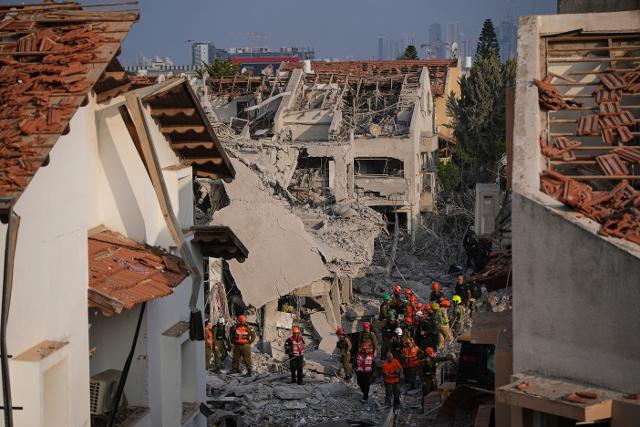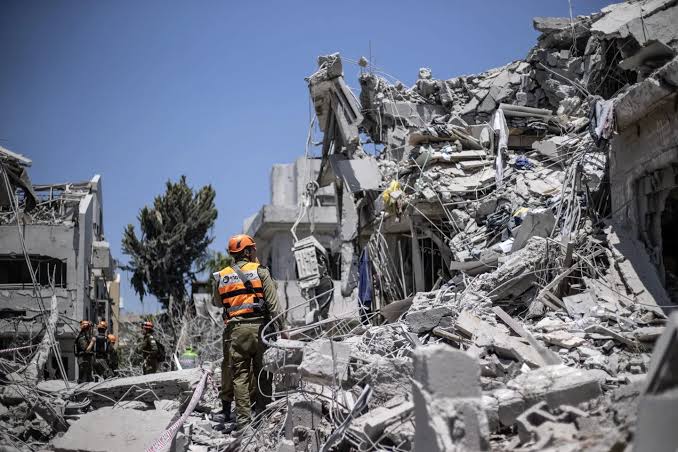
Olusegun Adeyemo
As the conflict between Iran and Israel continues to escalate, experts have warned that while Nigeria’s federal government may benefit from increased oil revenue, ordinary citizens are likely to bear the brunt of its economic impact.
International Relations Expert, Mr. Olubamiji Olalekan, in a telephone interview with The Journal Nigeria correspondent, noted that Nigeria could experience a surge in government earnings if Iran cuts back on its refined petroleum exports due to the war.
“A prolonged conflict will likely disrupt the global supply chain for refined petroleum products, leading to a sharp rise in oil prices,” Mr. Olalekan explained. “India, a major exporter of refined products, might reduce its output if the tension persists, tightening global supply and increasing demand which in turn drives up prices.”

He added that while this price hike would boost Nigeria’s oil export earnings, it would also lead to higher fuel pump prices locally, affecting consumers and businesses alike.
“Yes, the government may gain financially, but Nigerians will face a higher cost of living as fuel prices rise and affect every aspect of daily life,” he said.
Also weighing in, Public Affairs Analyst Mr. Ayodeji Ajisope emphasized that the Israel-Iran conflict is not a recent issue but a long-standing geopolitical rivalry dating back to Israel’s founding in 1948.
“The war has never truly ended; it has only been managed over time,” he said.
Mr. Ajisope highlighted the immediate consequence of the renewed tensions: rising oil prices.

“We’re already seeing prices climb to around $74 to $75 per barrel. This is a double-edged sword for Nigeria. On one hand, it increases revenue for the federal government, but on the other, it will significantly raise the pump price of Premium Motor Spirit (PMS) and other petroleum products,” he explained.
Echoing similar concerns, another Public Affairs Analyst, Mr. John Njoku, pointed out that the global economy is already under pressure from inflation and energy insecurity.
“This conflict could deepen those challenges, especially in developing countries that rely heavily on imported fuel,” he warned.
